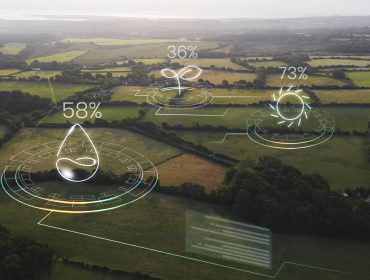
Blockchain Potential and Challenges as seen by the EU
November 8th, 2019 – Blockchain, the technology behind cryptocurrency is getting more and more attention from states and companies trying to use the system to serve a larger variety of causes. Blockchains offer the service of moving value from one place to another faster and more transparently by removing the middleman. Blockchain has an enormous potential for simplifying all the bureaucratic procedures for the state and making transactions transparent and more accessible. Even though government officials tend to not favor cryptocurrency while some banks see them as their rivals, blockchain itself has a great potential for changing the way things operate in large enterprises and in the states as well.
Blockchains can give big companies an opportunity to increase transparency and speed while decreasing the expenses. Permissioned Blockchains are a way to protect the privacy necessary for the company to operate and provide safety for their customers while making any transaction easier to track and faster to execute. But blockchain isn’t exclusive to assets. Blockchains have the ability to track actions, movement, even temperatures of certain products and give access to the consumer in order to build trust.
It’s easy to see why adopting blockchains can transform the way we communicate with brands and companies. It can even become an essential tool for holding companies accountable for their claims and actions in the future.
But since the phenomenon and the technology itself is very new, besides the skepticism and mistrust, the technology itself is still developing to fit the wide variety of needs. Blockchain offers a way to transfer assets, contracts, even land titles with removing some or all intermediaries.
More…https://www.finextra.com/blogposting/18117/blockchain-potential-and-challenges-as-seen-by-the-eu
Written by Finextra
Related Post
SME climate finance stocktake: Turning ambition...
Small and medium-sized enterprises are vital to global climate action, yet access to green finance remains a major barrier to scaling their ...
Sustainability Meets Growth: A Roadmap for...
Small and medium-sized enterprises (SMEs) represent 90% of businesses globally and account for 40%-60% of business-sector greenhouse gas (GH...
Scaling Up Support for SME Sustainability:...
Small and medium-sized enterprises (SMEs) are central to the green transition. As innovators, they create new sustainable technologies and s...




